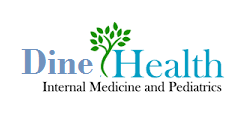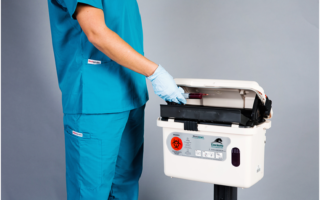Celiac Disease is a severe auto-immune disease that occurs in people that are genetically disposed to it. If gluten is ingested, it damages the body’s small intestine. It affects about one in a hundred individuals across the globe, and in America itself, there are about two and a half million people who have undiagnosed Celiac Disease. This is grave news for them as it makes them vulnerable to severe health complications with the passage of time in the future.
Yasith Weerasuriya – Why should you never overlook Celiac Disease and its negative effects on the body
Yasith Weerasuriya serves as one of the current Board of Directors of the Celiac Disease Foundation and is the President of Stanbridge University in Irvine and Los Angeles in California. This Institute is widely respected in the region, and it has been the recipient of several awards. It focuses on healthcare training that leads to the provisioning of programs on the subject of occupational therapy, licensing, physical therapy, nursing, and veterinary service.
He has over 20 years of rich experience in executive leadership in the educational sector as well in the field of executive leadership. He attended Irvine Valley College and Wichita State University. He was also the founding President of the College Chapter of the Phi Thera Kappa, the President of the Alpha Gamma Sigma Chapter, and the President of the Honor Society.
How does gluten affect people with celiac disease?
Gluten is a type of protein that one finds in barley, rye, and wheat. When a person with celiac disease consumes gluten, their body emits an immune response that negatively affects their small intestine. The gluten tends to damage the villi (small finger-like projections that one finds on the lining of the body’s small intestine). The villi help in the absorption of nutrients from the food that people consume. When it gets damaged, the body is unable to absorb the nutrients properly.
Genetic in nature – Can affect both adults and children
Celiac disease is hereditary, and it can affect anyone of any age. Those people who have a first-degree relative with the disease, for instance, a parent, child, or sibling, have about one in a ten risk of getting it. This disease can take place and develop after any age when individuals start to consume food or any sort of medicine that contains gluten. If the disease is not treated, it leads to very grave health problems for the person in the future.
According to Yasith Weerasuriya, the sole treatment for celiac disease is to embrace a diet that is free from gluten and stick to it for life. Those people that have celiac disease must avoid food containing wheat, rye, and barley like bread and beer. One should be very careful with the food that has gluten, as even if a small amount is accidentally ingested, like bread crumbs from the toaster or even a cutting board, it will damage the villi in the small intestine. One should be very alert and careful in this regard.




